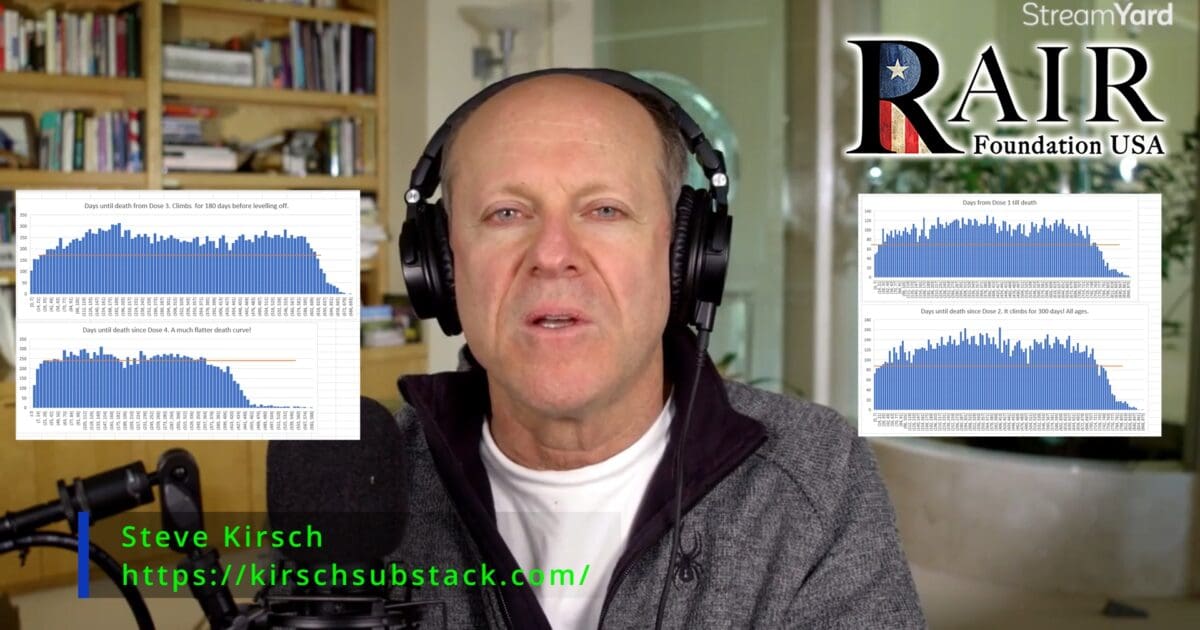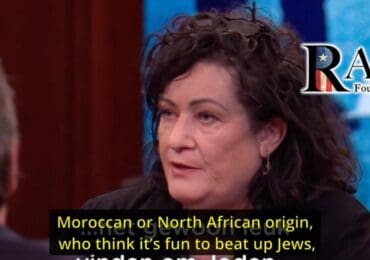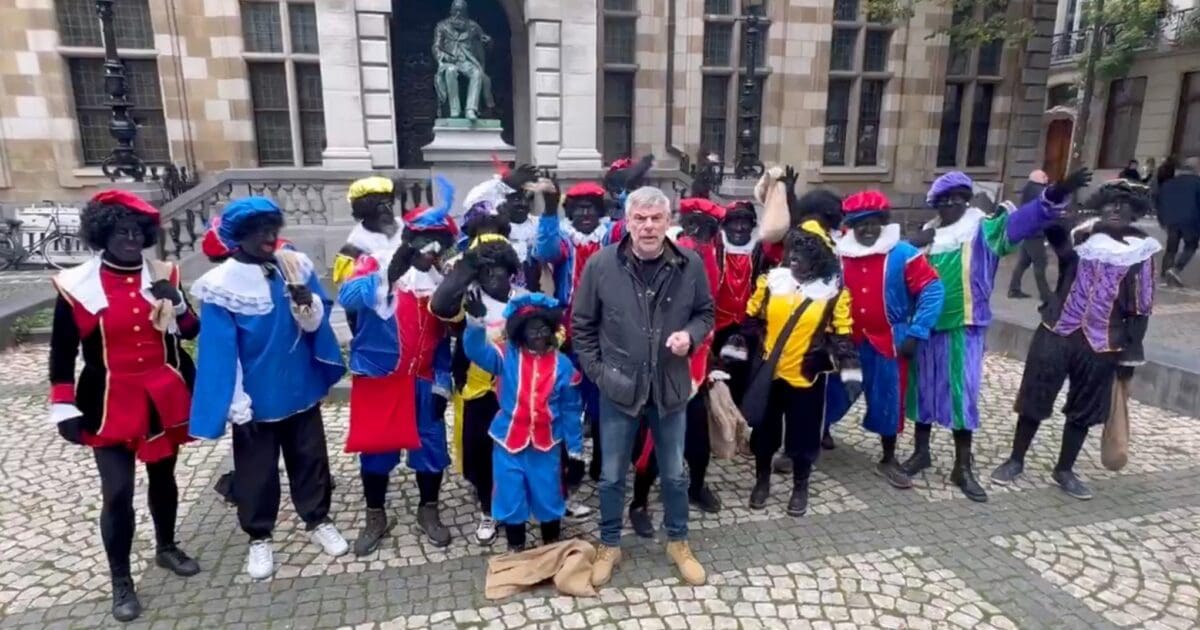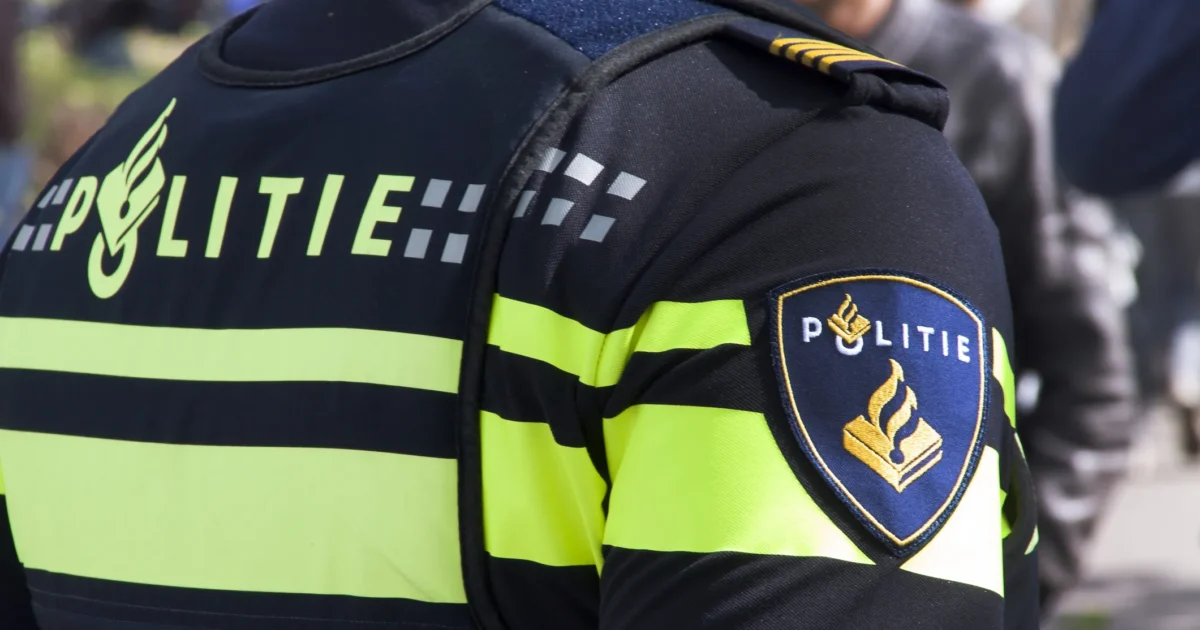In a recent interview conducted by the RAIR Foundation USA, Steve Kirsch provided an in-depth analysis of data leaked by Barry Young, a New Zealand vaccine data whistleblower from inside the Department of Health. Young, a database administrator, leaked information from the New Zealand health system, risking a seven-year jail sentence for a mass breach of privacy.
Kirsch, a serial high-tech entrepreneur turned Covid researcher, has dedicated his efforts to investigating vaccine safety. His initial trust in the system waned as he observed friends suffering from vaccine-related injuries and deaths. This led him to scrutinize the data and publicly challenge the narrative promoted by health authorities.
The leaked data, comprising 4 million out of 12 million vaccination records in New Zealand, revealed alarming statistics. Kirsch’s analysis concluded that for every 1,000 mRNA vaccine doses administered, one person died prematurely. This risk was particularly pronounced in the over-60s demographic. He stressed that the quality of this data is high and contains millions of records, allowing for clear identification of a significant death signal.
Kirsch criticized the lack of analysis by health authorities and accused them of ignoring safety data. He called out the silencing of whistleblowers and the reluctance of epidemiologists to engage with the data. His arguments are supported by prominent academics like Yale professor Harvey Risch and UK professor Norman Fenton, who affirm the vaccine’s lethal risks.
Kirsch also noted a dose-dependent risk in the vaccines, with each subsequent dose seemingly causing more harm, although the fourth dose appeared to have a flattened death curve. He emphasized that the harm seems cumulative and doesn’t return to baseline post-vaccination.
The interview highlighted the plight of the whistleblower, Barry Young, who is currently out on bail awaiting trial. Kirsch condemned the New Zealand government’s response to Young, accusing them of prioritizing the suppression of information over public health.
Kirsch urged the public to become informed and challenge their healthcare providers with this data. He advocated for more transparency and open debate regarding vaccine safety, emphasizing the need for informed decision-making in public health policies.
This interview brings to light the ongoing controversy and debate surrounding Covid vaccines, reflecting the tensions between public health policies, individual rights, and the need for transparent scientific inquiry.














SO, WHEN WILL THE “NUREMBERG TRIAL II’ BEGIN WHERE ALL GENOCIDE CRIMINALS ARE HANGED?
WHEN?